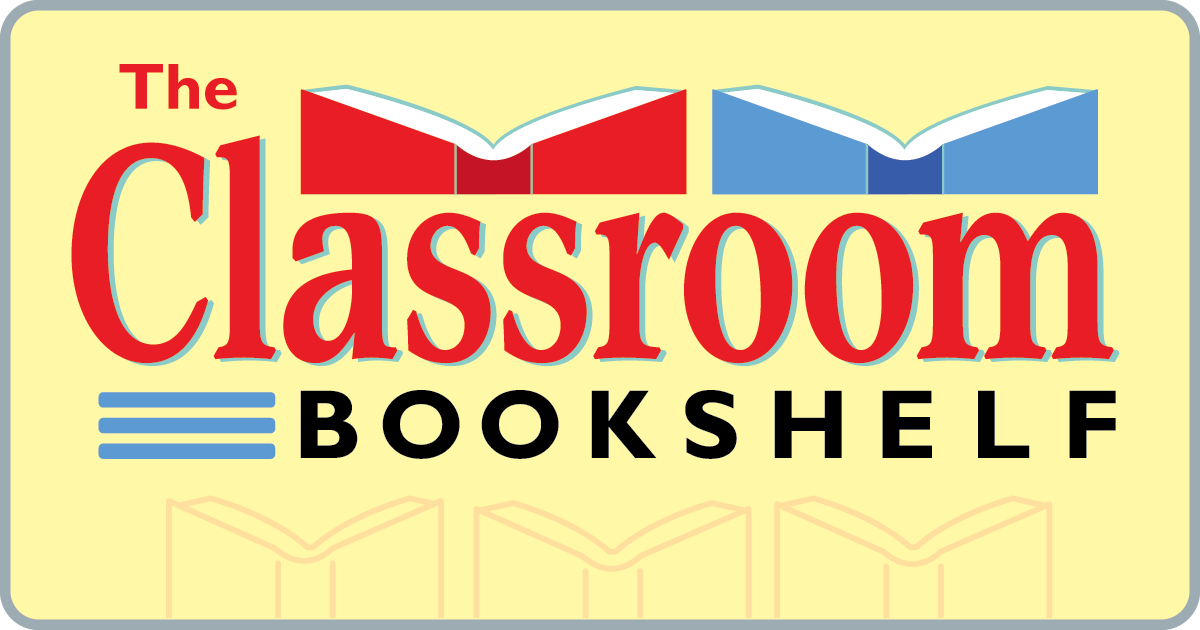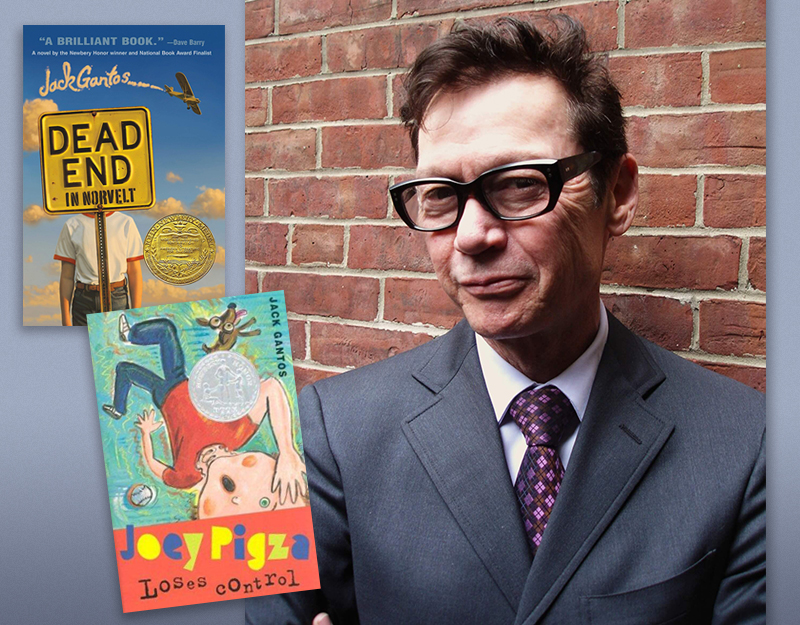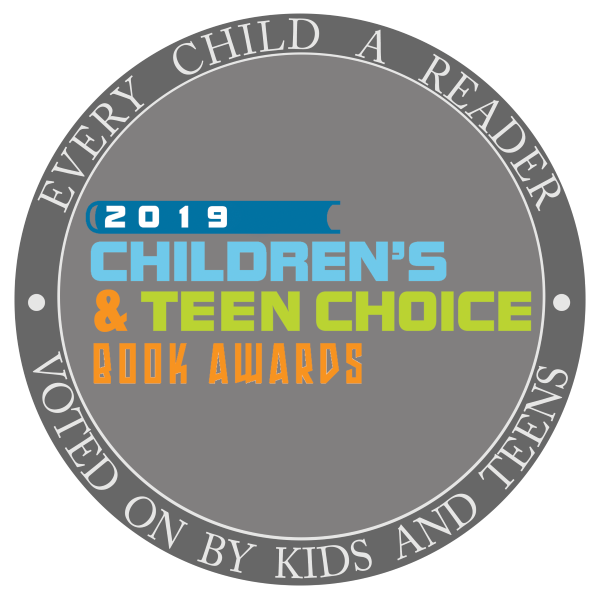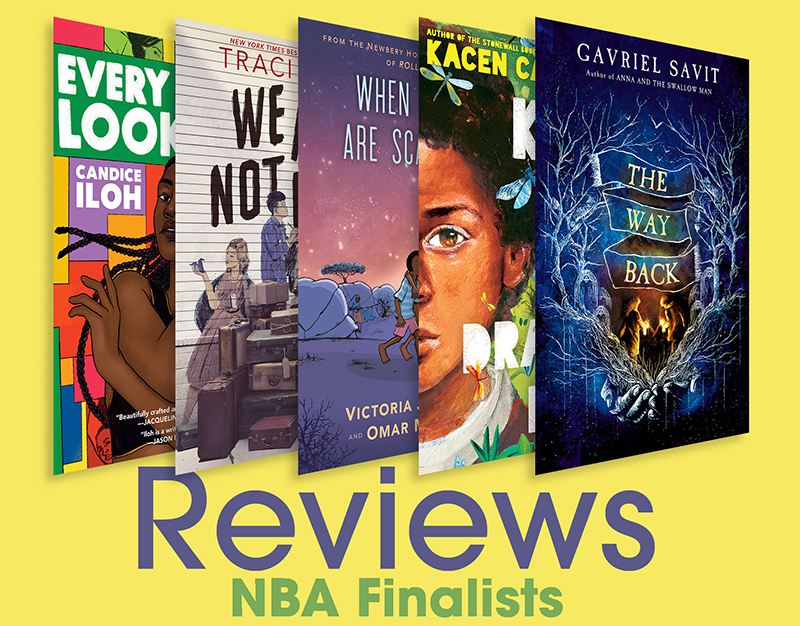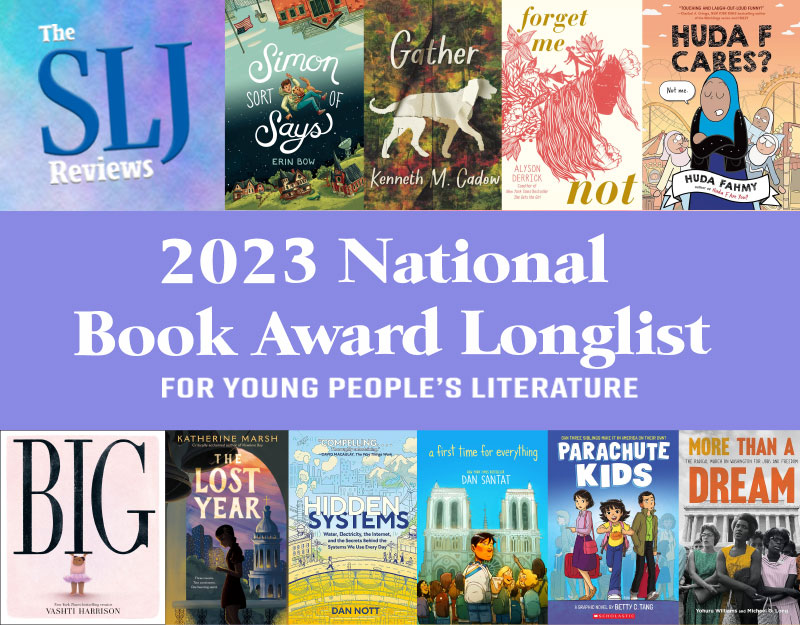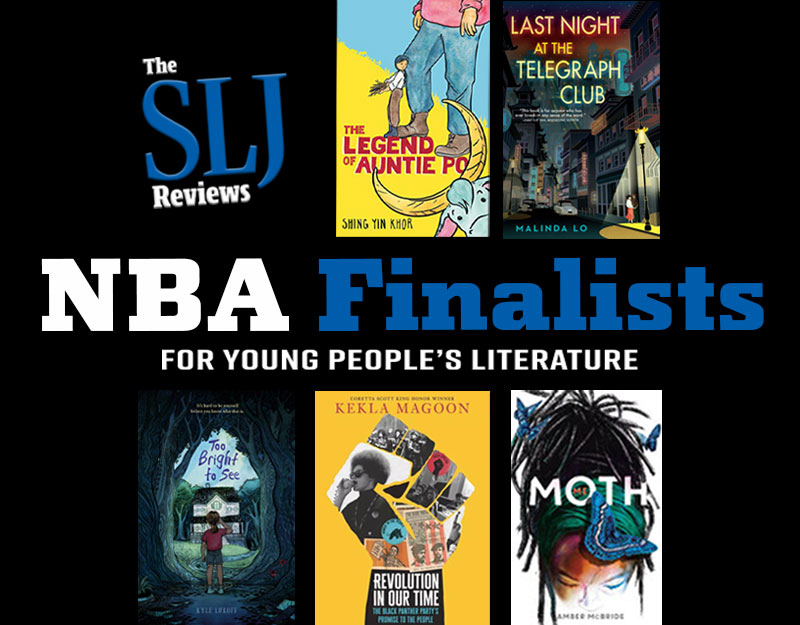Connecting the Past and Present through Poetry: Teaching Legacy: Women Poets of the Harlem Renaissance

Legacy: Women Poets of the Harlem Renaissance
Written by Nikki Grimes and Illustrated by African American Women Artists
Published in 2021 by Bloomsbury
ISBN 978-1681199443
Grades 4-8
Book Review
Children’s Literature Legacy Award Winner Nikki Grimes builds powerful connections between the past and present in her anthology featuring women poets of the Harlem Renaissance and her accompanying innovations on these poems. A preface and introduction to the time period prepare readers by forefronting the context in which these lesser known African American women were writing, highlighting the implications of their intersectionality. Grimes also describes the Golden Shovel form that she has used, which incorporates from the original poem a ‘striking line,’ the words of which become the ending lines of a new poem thematically or topically related to the original. Across the three sections that follow: Heritage, Earth Mother, and Taking Notice, the poems highlight identities, boundaries, passions, and commitments. There is pain and there is joy across this collection. As if these profound poems were not enough, the anthology is enhanced by works of art by an array of accomplished African American women illustrators, whose styles and medium vary, and whose images invite reflection and conversation, highlighting the roles that art and poetry play in making sense of our world. The back matter invites readers to learn more about these authors and illustrators, offering brief, but compelling biographical sketches. Use the poem pairings of this thought-provoking book across the school year to highlight the voices and experiences of Black women and girls or dive into the collection as a whole; either approach yields important insights into the human experience and forefronts the boundaries imposed by racism and sexism that we must continue to dismantle.
(This book was viewed in digital format.)
Teaching Ideas: Invitations for Your Classroom
Note to our Readers: These ideas are not meant to be prescriptive. Choose one. Choose more. It’s up to you. Some ideas are bigger and will take a number of days to complete. Some are shorter. You can also choose to complete one part of a teaching idea, but not the whole thing. It’s up to you!
ADVERTISEMENT
ADVERTISEMENT
Composing Golden Shovel Poems. At the beginning of Legacy, Nikki Grimes describes the Golden Shovel as a poetry form and invites readers to try writing their own Golden Shovel Poems (follow this link to learn more about this poetic form). Ask your students to work in pairs to study the poem pairs in Legacy, noticing and describing the relationship between the featured line and the newly composed poem.Additional examples of Grimes’s Golden Shovel poems can be found in her collection One Last Word: Wisdom From the Harlem Renaissance. Offer students the opportunity to compose their own Golden Shovel poems. Depending on their experience level, you will likely want to model the process. Consider using Amanda Gorman’s inaugural poem “The Hill We Climb”, selecting a line and then working as a class to co-compose a Golden Shovel poem. After this shared writing experience, students will be ready to select their favorite poem as the inspiration for their own Golden Shovel poems.
Noticing Theme and Composing Found Poetry. Legacy is organized into three sections: Heritage, Earth Mother, and Taking Notice. Divide your students up into three groups, assigning each group a section (or ask students to self-select a section, forming three groups). As students read across the poems in the section, ask them to create a graffiti chart, recording words and phrases that stand out to them. Next, group members should review their chart and discuss the theme(s) that arise from their graffiti wall and the poems, creating a two column anchor chart. On one side of the chart, students record theme statements. On the other side, they note poem titles and lines that reflect those themes. Using those lines, students can co-compose a Found Poem, and present it orally to their classmates.
An Identity Anthology. In her Preface and introductory essay “The Harlem Renaissance,” Nikki Grimes notes the complexity of the barriers faced by the Black women poets she features in Legacy. Invite your students to discuss the concept of Intersectionality (click these links for more information for teachers from Dr. Kimberle Crenshaw and a video created for students from Learning for Justice) and how it relates to their own lives and experiences. As an extended project, offer students the opportunity to browse poetry anthologies and online collections, with the goal of collecting poems that speak to their own identities. Students can create digital anthologies of their poems and can use the poems as inspiration to compose their own poems that explore their identities and intersectionality.
Harlem Renaissance Text Set. Legacy: Women Poets of the Harlem Renaissance can be used in a text set to explore this important historical period, whether your focus is on time period, place, or the power of the arts. In addition to Grimes’s One Last Word: Wisdom From the Harlem Renaissance include titles such as Harlem Stomp!: A Cultural History of the Harlem Renaissance, Harlem Renaissance Party, Sugar Hill: Harlem’s Historic Neighborhood, biographies written by Carole Boston Weatherford, and titles included on the Colors of Us listing of children’s books about the Harlem Renaissance.
About the Poets and the Illustrators. In the back matter of Legacy, Nikki Grimes offers biographical sketches of the poets and illustrators featured in this anthology. Students can expand their knowledge of the creative reach of Black women by selecting one of these poets and illustrators and learning more about their life and their art. Students should prepare an oral, visual, or written presentation to share their learning with their classmates.
Transmediation. Engage students in a discussion of how each poem relates to its accompanying illustration and vice versa. You might choose to first share one of the images, posing the Visual Thinking Strategy question: “What’s going on in this picture?”. Then, share the associated poem, inviting students to make connections across the images and words. Extend this activity by inviting your students to experiment with transmediation, moving a work of art from one sign system into another. Students can create visual art in response to a published poem, compose a poem in response to a work or art, or compose both an original poem and an accompanying work of visual art. Your musical students may be interested in the Voices from Harlem project that features contemporary poets from Harlem reading works from the Harlem Renaissance set to original music (note: this project is co-sponsored by The Harlem Writers Guild and Remy Martin, a liquor company). For additional teaching ideas on transmediation, see our Classroom Bookshelf entry on World Make Way: New Poems Inspired by Art from The Metropolitan Museum of Art.
ADVERTISEMENT
ADVERTISEMENT
Breaking Boundaries. A majority of the poems in Legacy push back against externally imposed boundaries. Gather together a text set that features people across diverse life experiences and cultures whose achievements have been accomplished despite societies’ expectations and prohibitions. Support your students to reflect on any perceived or constructed boundaries they may face in their lives. What strategies can they use to pursue their needs and dreams and how can they work towards an equitable and inclusive society? Titles featured on the Classroom Bookshelf include: Drum Dream Girl: How One Girl’s Courage Changed Music, Queen of Physics: How Wu Chien Shiung Helped Unlock the Secrets of the Atom Nothing Stopped Sophie: The Story of Unshakable Mathematician Sophie Germain, Counting on Katherine: How Katherine Johnson Saved Apollo 13, The Girl Who Ran: Bobbi Gibb, the First Woman to Run the Boston Marathon and others (search the listings accessible through the Nonfiction / Biography drop down menu). Note: President Biden’s cabinet appointees include several notable ‘firsts’ and you students may enjoy learning more about these contemporary boundary breakers.
Nikki Grimes Author Study. Share the podcast Saturday Morning with Joy Keys with your students to learn more about Legacy: Women Poets of the Harlem Renaissance and to launch an author study of Nikki Grimes, who has been honored with the Children’s Literature Legacy award. Explore the resources on her author’s website and read through a collection of her books (which include many award winners). Invite students to discuss her biography, her commitments, and her writing style.
Critical Literacy
Poetry: Power and Protest. The poems in Legacy, both the historical poems and Nikki Grimes’s contemporary responses, speak for social justice. They explore a range of aggressions against Black Women and Girls, including the trauma of microaggressions, the boundaries imposed by intersectionality, implicit bias and systemic racism, and violence by white supremacists and a failed criminal justice system. Invite your students to reflect on poetry’s power to convey human experience and to advocate for social change. Visit the Poetry Foundation’s collection of Poems of Protest, Resistance, and Empowerment, making sure to note whose voices are included in this collection and whose might be left out. For younger students, be sure to preview the collection to select poems that are developmentally appropriate. Ask your students to identify a contemporary (or perennial) social issue about which they feel passionate. Support your students to compose and share their own protest poems.
Invitation for Teachers:
Poetry All Year Long. While we celebrate the genres of poetry in the month of April, poetry is a powerful teaching tool across the curriculum and all year long. Gather together a group of fellow teachers who are committed to infusing poetry across the curriculum and read Legacy together. Brainstorm the ways that the poems in this anthology can connect with the topics, themes and essential questions of your year-long curriculum. Expand your study by exploring poetry resources for teachers such as the American Academy of Poets’ Teach This Poem, our Classroom Bookshelf entry Celebrating National Poetry Month at Home and other entries listed in the drop-down menu for Poetry, Poetry Out Loud, Favorite Poem Project, Georgia Heard’s Website, and No Water River, The Children’s Poetry Place.
Further Explorations
Online Resources
Children’s Book Podcast: Nikki Grimes
Joy Keys Chats with Author Nikki Grimes
The Poetry Foundation: Nikki Grimes
NCTE ReadWriteThink Found Poems
NCTE: Twenty-fifth Anniversary of National Poetry Month
Poetry Foundation’s collection of Poems of Protest, Resistance, and Empowerment
American Academy of Poets: Teach This Poem
Georgia Heard: Teaching Poetry
No Water River, The Children’s Poetry Place
Smithsonian: A New African American Identity: The Harlem Renaissance
Colors of Us: Fifteen Books About the Harlem Renaissance
Carol Boston Weatherford: Harlem Renaissance Books
Illustrator Websites:
Vanessa Brantley-Newton • Cozbi Cabrera • Nina Crews • Pat Cummings
Laura Freeman • Ebony Glenn • Xia Gordon • April Harrison
Vashti Harrison • Ekua Holmes • Cathy Ann Johnson • Keisha Morris
Daria Peoples-Riley • Andrea Pippins • Erin Robinson • Jan Spivey-Gilchrist
Shadra Strickland • Nichole Tadgell • Elizabeth Zunon
See also the list of websites Grimes has included in the back matter.
Books
Clinton, C. (editor). (1998). I, too, sing America: Three centuries of African American poetry. Ill. by S. Alcorn. Houghton Mifflin.
Grimes, N. (2017). One last word: Wisdom from the Harlem Renaissance. Bloomsbury.
Gorman, A. (2021). The hill we climb. Viking.
Hill, L.C. (2004). Harlem stomp!: A cultural history of the Harlem Renaissance. Little Brown & Company.
Ringgold, F. (2015). Harlem Renaissance party. Amistad.
Weatherford, C.B. (2104). Sugar Hill: Harlem’s Historic Neighborhood. Albert Whitman.
Filed under: Poetry
About Erika Thulin Dawes
Erika is a professor of language and literacy at Lesley University. A former classroom teacher, reading specialist, and literacy supervisor, she now teaches courses in children’s literature, early literacy, and literacy methods. Erika is the co-author of Learning to Write with Purpose, Teaching with Text Sets, and Teaching to Complexity.
ADVERTISEMENT
ADVERTISEMENT
SLJ Blog Network
Name That LEGO Book Cover! (#53)
Cover Reveal and Q&A: The One and Only Googoosh with Azadeh Westergaard
K is in Trouble | Review
Fighting Public School Book Bans with the Civil Rights Act
ADVERTISEMENT

